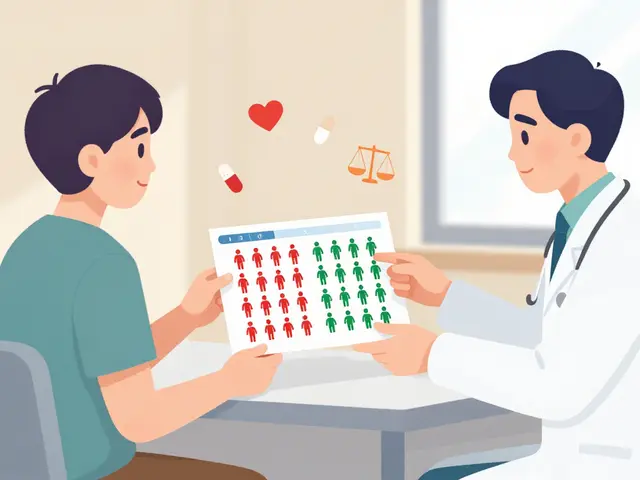Tyrosine Kinase Inhibitors: What They Are and Why They Matter
Tyrosine kinase inhibitors, or TKIs, are drugs that block specific enzymes called tyrosine kinases. Those enzymes help cells grow and divide, so when they go rogue they can cause cancer. By shutting down the overactive pathways, TKIs slow or stop tumor growth without harming everything else.
How TKIs Work in Simple Terms
Imagine a car engine that’s stuck in high gear. Tyrosine kinases are the gear‑shifters inside cells, and TKIs act like a mechanic who pulls the lever back to neutral. The result? Cells stop receiving the “grow‑fast” signal. Most TKIs target receptors like EGFR, ALK, or BCR‑ABL, which are often mutated in lung, breast, or blood cancers.
Common TKIs You Might Hear About
Here are a few TKIs that pop up in everyday conversation:
- Imatinib (Gleevec) – used for chronic myeloid leukemia (CML) and some gastrointestinal tumors.
- Gefitinib (Iressa) – blocks EGFR, mainly for non‑small cell lung cancer.
- Alectinib (Alecensa) – targets ALK‑positive lung cancers.
- Sorafenib (Nexavar) – works on liver and kidney cancers.
Each drug focuses on a different “gear‑shift” problem, so doctors pick the one that matches the patient’s tumor profile.
When you start a TKI, your doctor will order genetic tests to confirm the right target. That’s why personalized medicine has become a buzzword – the drug is chosen based on the tumor’s DNA, not just the organ it’s in.
Side effects are usually milder than traditional chemotherapy but still worth knowing. Common complaints include skin rash, diarrhea, and fatigue. Some TKIs can affect the liver or heart, so regular blood work is a must.
If you’re on a TKI, keep a daily log of how you feel. Small changes like a new rash or unexplained bruising should be reported right away. Adjusting the dose or switching to another TKI can often fix the problem.
Most people take TKIs as a pill once a day, which makes life easier compared to IV chemo. However, the medication stays in your system for weeks, so missing a dose can have a bigger impact than it looks.
What about cost? TKIs can be pricey, but many countries have insurance schemes or patient assistance programs that cover part of the expense. Talk to your pharmacist or doctor about options if the price feels daunting.
In short, tyrosine kinase inhibitors give doctors a precise tool to fight cancer. They work by turning off the faulty signals that tell cells to grow out of control. Knowing the basics—how they work, common names, side effects, and cost tips—helps you stay in the driver’s seat of your treatment.
Got more questions? Write them down and bring them to your next appointment. The more you understand, the easier it is to make the right choices about your health.
A detailed guide to treatment options for chromosome-positive lymphoblastic leukemia, covering targeted drugs, chemotherapy, transplant, and emerging immunotherapies.
View Details

